Are you running it or participating in one? If you’re actually running it and having trouble understanding the source material, that’s trouble.
You could try preparing a presentation about what’s being studied, and try to make it understandable to even somebody who never looked at the source material. Another tip would be to send the reading material well in advance and have everybody pitch in about what they understood. Just remember that there really are wrong opinions and interpretations, and it’s your job to at least guide them away from those.
If you’re just participating, don’t worry too much. Maybe try to ground what’s being read on your own reality or of those you know.






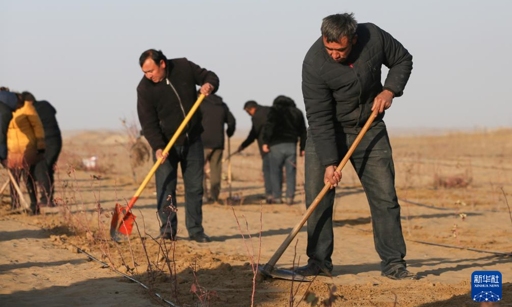







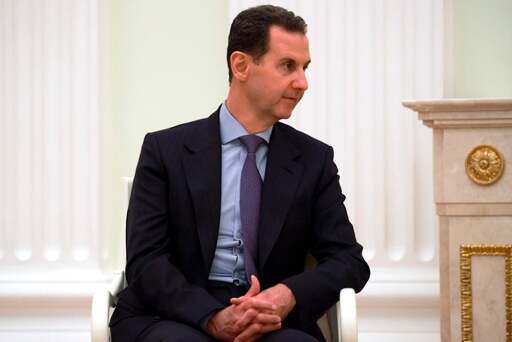
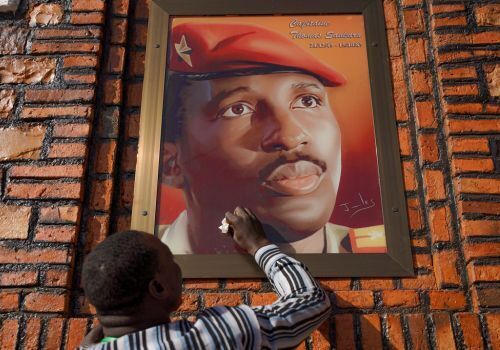




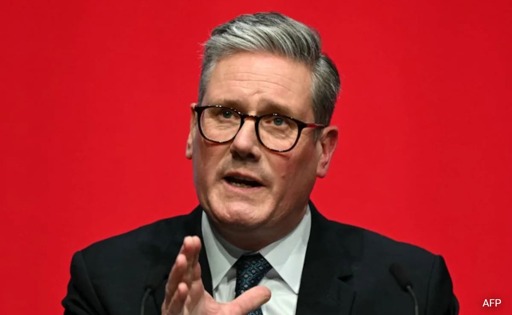



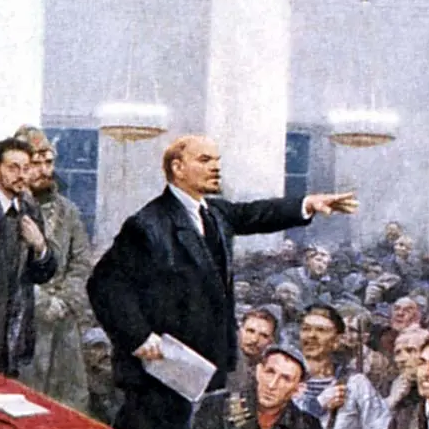

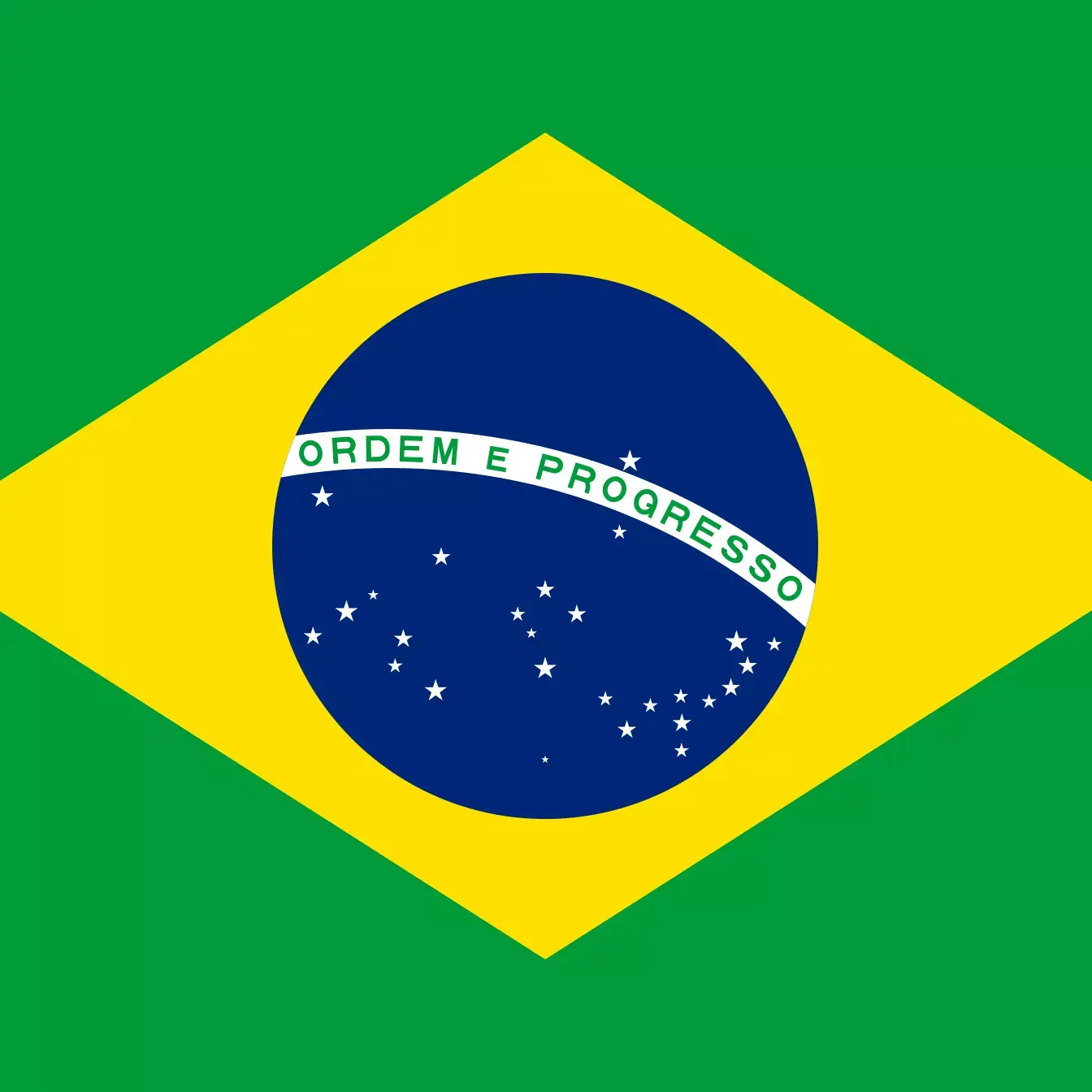
Finished Berwick Saga recently. Definitely one of the best and most unique turn-based strategy games I’ve ever played. Will probably take forever to play it again because the level of long-term strategy is draining at some points, but I absolutely loved it.
Not sure if I am just too busy or if it’s an industry thing, but I honestly didn’t get excited for anything out of TGA. Don’t even know much about the nominated games. None of them run on my PC either way.
Depending on my level of energy I might play Möbius Front or Xenonauts 1, or just sit back and enjoy some random couch co-op games with my holiday visitor.